“ Great service.
Thank you! ”
Mr WB
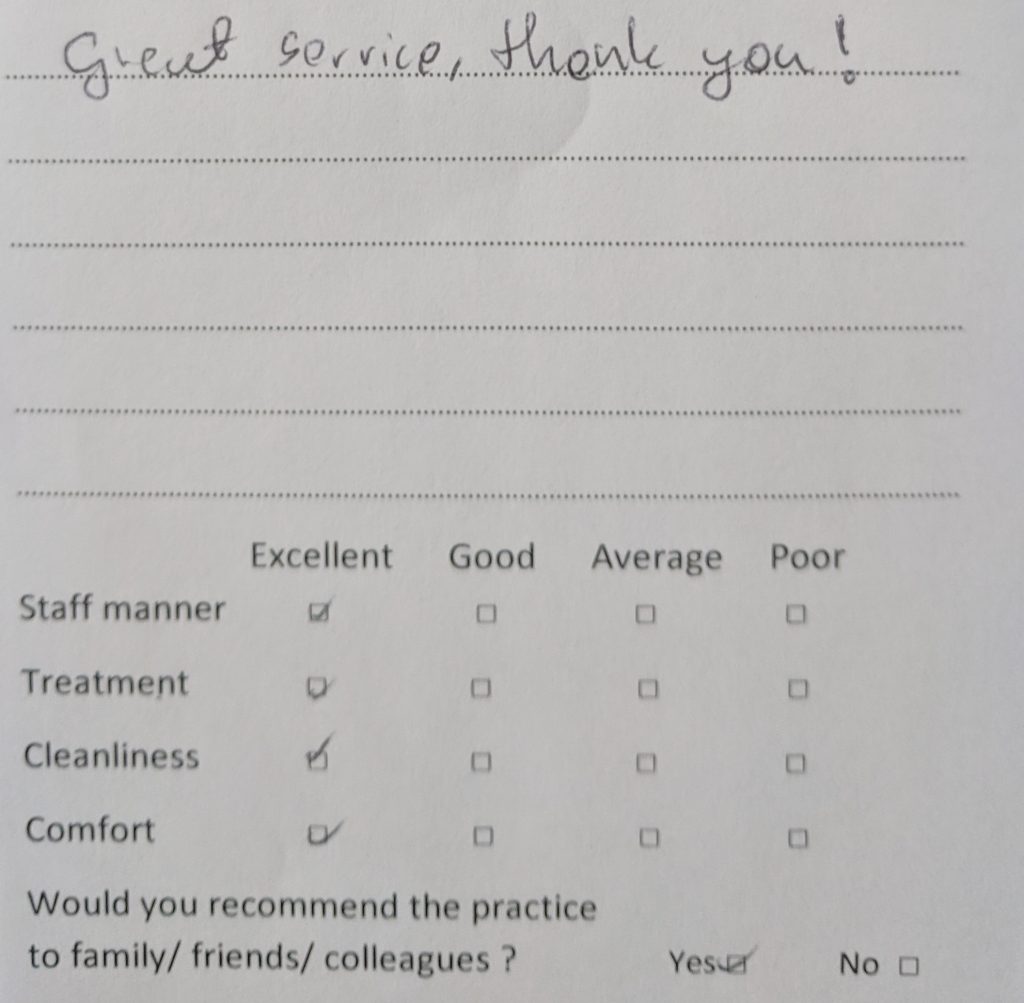

Crowns can be costly and require extensive cutting of the tooth to prepare it for the crown. Often a broken or chipped tooth may be repaired by avoiding a crown and instead repairing the tooth with a composite filling. The procedure involves adding white composite filling material to the tooth. It is a conservative and comfortable treatment option because the composite is bonded to the tooth thereby avoiding any cutting of the tooth whenever possible. This benefit of sticking to the tooth also helps support the remaining tooth structure.
As your local cosmetic dentist, we offer Modern Minimally Invasive Dentistry to repair broken or decayed teeth. Our Tooth Coloured Composite Fillings are a cost effective alternative option to crowns. Fees for cosmetic white fillings are on average approximately £130 per tooth compared to private crowns which are from £550 per tooth.
Before treatment the tooth was broken.
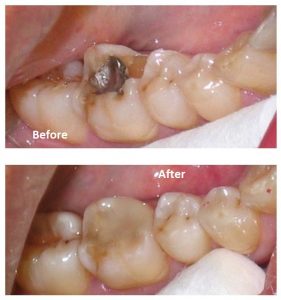
Result after replacing the metal filling with a white filling.
To book your appointment and find out how we can help you … please call 020 8997 0006 or submit online appointment request form.

Many teenagers and young adults are leaving home for the first time to go study at University.
With the fun and partying of Freshers week over, they’re now hopefully getting down to focusing on their studies and gaining knowledge.
Students can be at higher risk to developing health problems due to changes in their lifestyles while at University. Lifestyle changes can be due to living away from home, feeling they have the independence to do what they want, or giving in to peer pressure. Knowing the risks and effects on health can often help avoid making bad health choices.
Too much alcohol can increase the chances of getting heart disease, liver cirrhosis and cancers including mouth cancer. Statistics suggest oral cancer diagnosis is six times higher in those who drink than non-drinkers. Acute alcohol consumption can also cause reduced saliva flow. Saliva is our natural defence to diseases such as tooth decay. Alcoholic drinks also tend to contain more sugar and are more acidic, which can lead to tooth decay and tooth wear.
Healthy Teeth
Tooth Wear
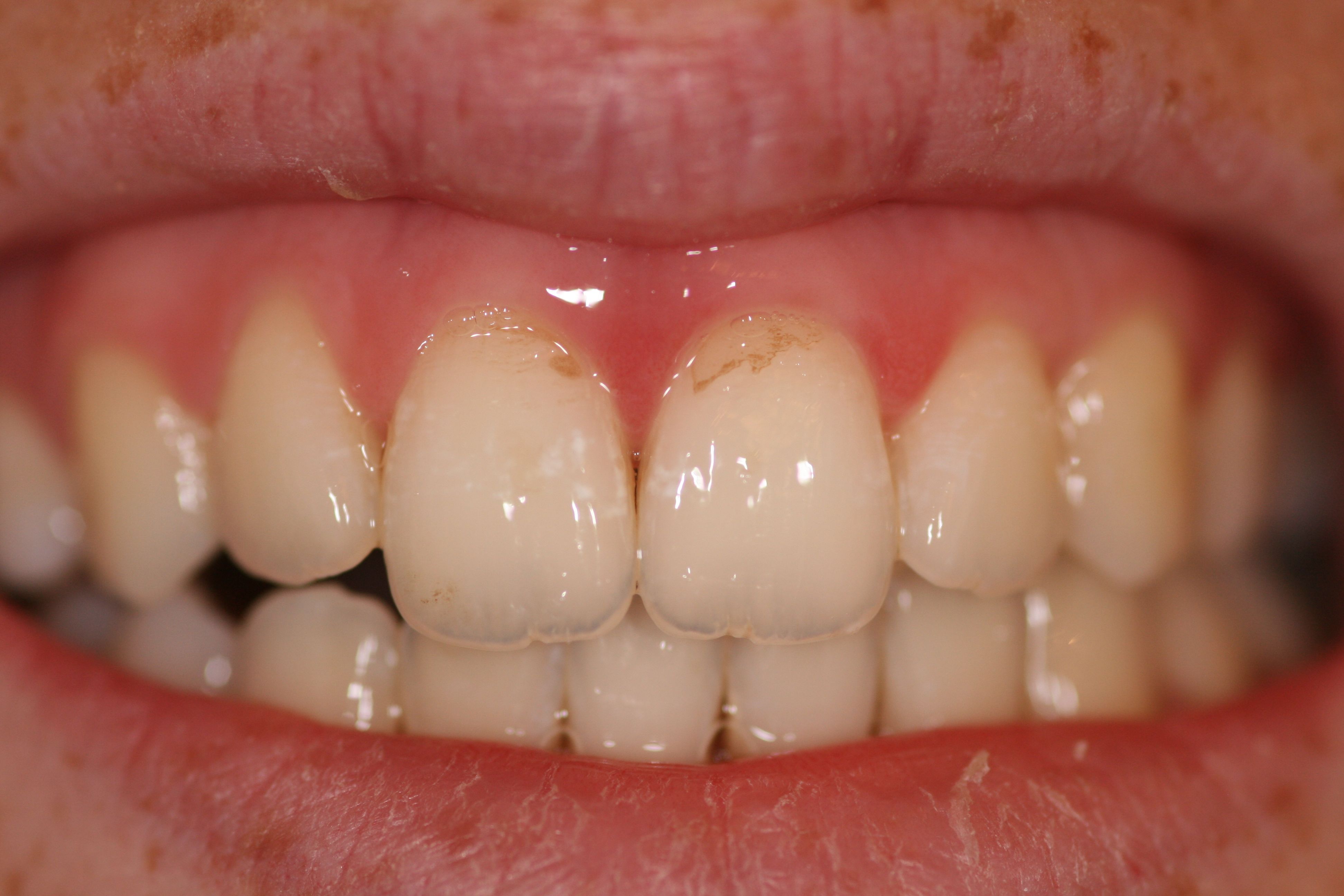
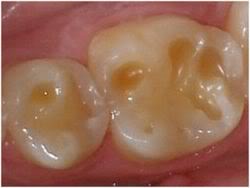
Tooth Decay
Smoking can cause many of the same diseases as alcohol but also many more. Smoking and drinking combined increases risks to diseases. Smoking or chewing tobacco alone is responsible for 80-90% of oral cancer cases. Smoking can also cause gums disease, bad breath, discoloured teeth and plaque build up.
We are what we eat ! Students often eat poorly. This can be due to time pressures, stresses of study and workloads. Some may not be used to preparing and cooking meals. Eating a healthy diet containing fresh vegetables, fruit, oily fish and pulses while avoiding processed foods high in sugar can keep energy levels high and reduce risks to many general diseases as well as gum disease, tooth decay and tooth wear.
Students who have late nights out often forget to clean their teeth. Plaque is a major cause of gum disease and tooth decay. Recent research studies show gum disease can put us at a higher risk to general health problems such as heart disease. One theory is that gum disease allows the bacteria that inhabit our mouth to enter the bloodstream and circulate around the body allowing them to settle in the heart blood vessels.
Research has also shown some links between gum disease and stroke, respiratory disease, head and neck cancer, kidney disease and diabetes.
Cleaning teeth effectively twice a day with a fluoride toothpaste helps keep plaque and bacterial levels low in the mouth.
Call 020 8997 0006 to book your appointment with our dentist
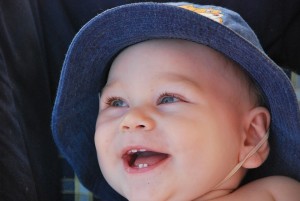
You should bring your child to the dentist from a young age. That way they get used to the environment and are relaxed when attending future visits. This was highlighted by the Royal College of Surgeons, who recommended ‘ Parents must make sure their children visit a dentist by the age of one. ‘ http://www.standard.co.uk/news/health. It was also recently revealed that tooth extractions in children 4 years age and under rose by 24 % in the last decade https://www.theguardian.com . A further study showed, 80% of under-twos in England failed to visit the dentist.
After their initial visit, they should attend regularly, as often as recommended by the dentist.
Baby teeth usually start breaking through the gums at around 6 months age. The teething process may continue on until about 2-3 years by which time they will usually have 20 baby teeth. Growing teeth can often cause discomfort. Chilled teething rings may help soothe the sore gums. DO NOT place anything sweet on the teething ring.
Dummies should also be avoided as they can become a habit that can affect the alignment of teeth.
Parents/carers should brush or supervise toothbrushing.
As soon as teeth grow into the mouth, brush them twice daily with a fluoridated toothpaste. If it’s difficult to use a toothbrush, consider using a guaze or flannel to at least wipe teeth rather than not cleaning them at all.
Brush last thing at night and on one other occasion.
Use a soft toothbrush designed for young children and brush for about 2 minutes gently in small circular motions.
Use fluoridated toothpaste containing no less than 1,000ppm fluoride, that is age related specific.
It’s good practice to use only a smear of toothpaste as it’s unlikely your child will be able to spit out properly.
Breast feeding provides the best nutrition for babies.
Introduce infants once at the age of six months to drinking from a free-flow cup. Once your child is one years old try to discourage feeding from a bottle.
Sugar should not be added to weaning foods or drinks.
Reduce the frequency and amount of sugary food and drinks. Try to get your little one into good habits from a young age. Milk or water between meals are better options.
If your child needs to take medication, try to give them sugar-free medicines.
Dental check ups are free at dentael for children up to the age of 16, whose parent is a regular patient of the practice. We aim to make your little ones visit a fun experience.
To book your child’s appointment with our dentist … please call 020 8997 0006 or submit online appointment request form.